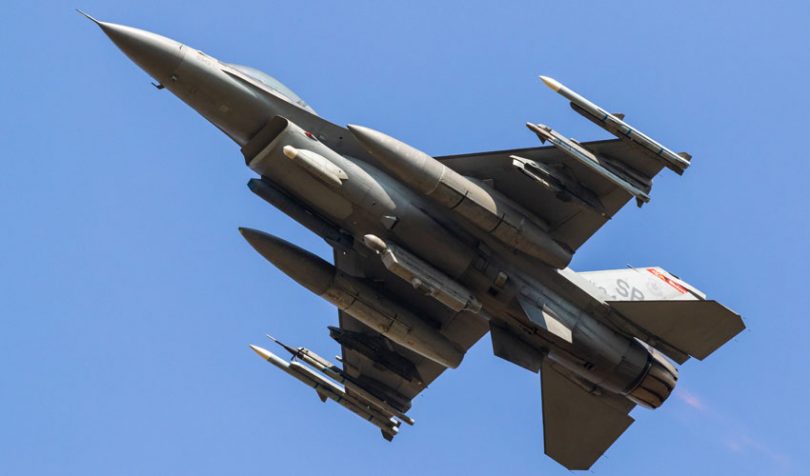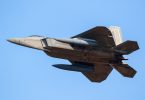This week the U.S. Air Force has struck deals for two blockchain-focused initiatives. Yesterday, it was announced that SIMBA Chain will be used in a manufacturing traceability project. Today details of another contract with blockchain firm Constellation were released, this time for data interoperability and security.
SIMBA Chain was founded in 2017 after DARPA awarded a grant to the computing department of the University of Notre Dame and Indiana Technology and Manufacturing Companies (ITAMCO). The platform has already been researched by the U.S. Navy in work with ITAMCO and has won multiple awards.
In the past, during a battle, aerospace parts would have to come from a remote site. Nowadays, many parts can be printed onsite in the battlefield using 3D printing designs and specialist materials.
SIMBA’s blockchain will be used to build a prototype to ensure that 3D printing designs aren’t tampered with. As blockchain results in an almost tamperproof data structure, it will prevent hostile enemies from altering the blueprints. SIMBA’s blockchain plans to support multiple different blockchain protocols, but for now leverages Ethereum or Quorum, the JP Morgan enterprise version of Ethereum.
This particular Air Force project is known as the ‘Blockchain Approach for Supply Chain Additive Manufacturing Parts’, or BASECAMP for short.
GE Research has a very similar project for protecting additive manufacturing, both in terms of the 3D designs and specialist components such as metallic dust.
Constellation
In a similar vein, Constellation’s blockchain technology will be used to securely ‘unlock’ siloed data. The enterprise-focused blockchain software provider, like IOTA, uses a directed acyclic graph instead of a chain. With the U.S. Airforce, it will focus on the interoperability of data of different types and sources for analysis.
“The USAF has a multitude of data sources like drones, planes, and satellites that need to be secured. Clean and consolidated data that can be queried instantly is a big need within the defense apparatus,” explained Benjamin Diggles, the VP of Business Development at Constellation.
The blockchain firm will be providing decentralized security to support this merging of Air Force data. Using the technology also provides an immutable audit trail and easy status tracking.
Constellation’s CEO, Benjamin Jorgensen, added: “The move by the United States Government to work with early-stage businesses and early innovation shows a massive shift by the public sector to be leaders in revolutionizing existing infrastructures by adopting new technologies that protect consumers’ privacy, while tackling futuristic visions of the connected world and joining the private sector in the $50B industry of big data.”
Earlier this year, the Air Force also struck a deal with award-winning startup 14bis for the traceability of aircraft parts. Back then, the MD of the Air Force Accelerator, Warren Katz, said: “I found it astonishing that the aerospace industry continues to track critical aerospace parts with paper-based systems, or with nothing at all.” Like 14bis, Constellation also participated in the accelerator, AFWERX.






